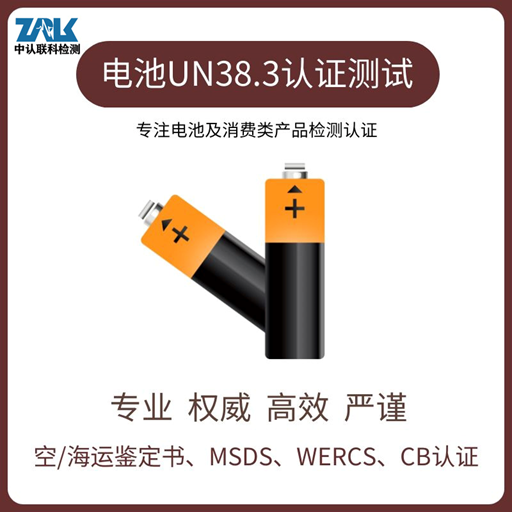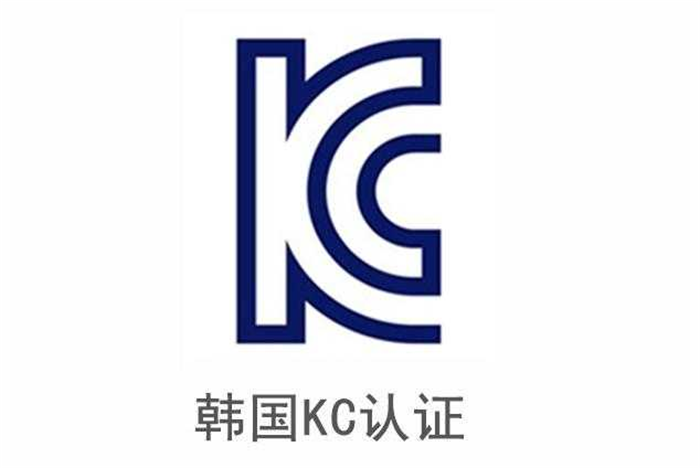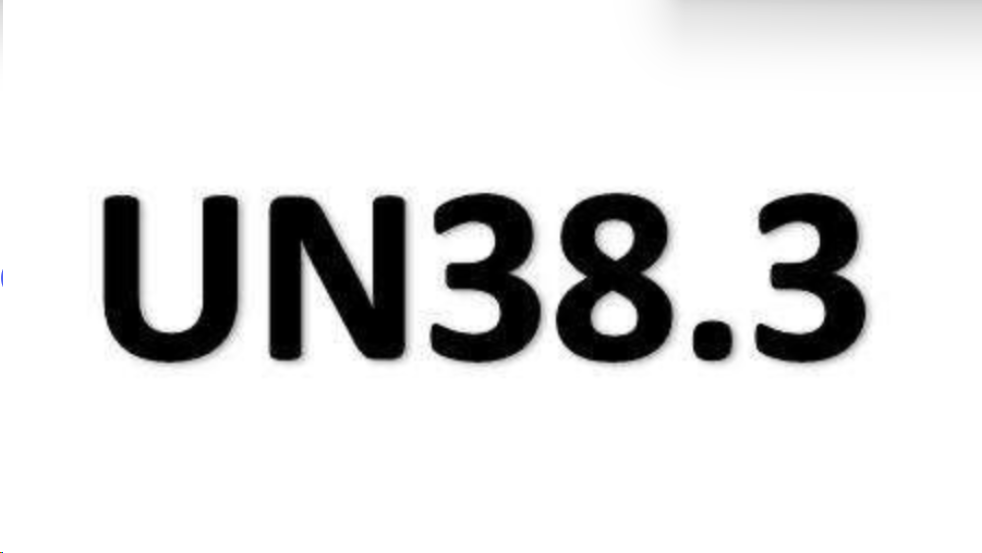UN38.3 is a test standard, which refers to the third part 38.3 of the "Dangerous Goods Transport Test and Standard Manual" specially formulated by the United Nations for the transportation of dangerous goods, which requires that lithium batteries must pass a high degree of simulation and high Low temperature cycle, vibration test, impact test, 55℃ external short circuit, impact test, overcharge test, forced discharge test can ensure the safety of lithium battery transportation. If the lithium battery and the equipment are not installed together, and each package contains more than 24 battery cells or 12 batteries, it must pass the 1.2-meter free drop test.

MSDS (Material Safety Data Sheet) is a chemical safety data sheet, which can also be translated into a chemical safety data sheet or a chemical safety data sheet. It is used by chemical manufacturers and importers to clarify the physical and chemical properties of chemicals (such as PH value, flash point, flammability, reactivity, etc.) and possible harm to the user's health (such as carcinogenesis, teratogenicity, etc.) One document.
Regardless of whether lithium batteries are shipped by air or by sea, UN38.3 reports and MSDS are required. It should be noted that UN38.3 needs to be tested by a designated third-party testing company, and the MSDS can be issued by a third party or issued by the factory.
Why do UN38.3 certification?
Lithium batteries need to comply with the Dangerous Goods Regulations (DGR) of the International Air Transport Association (IATA) for air transportation, and the International Maritime Dangerous Goods Regulations (IMDG) of the International Maritime Organization for maritime transportation. According to the current rules, the prerequisite for the transportation of lithium batteries is to have a test report that meets the requirements of UN38.3, and an appraisal report of cargo transportation conditions that proves compliance with the new version of DGR and IMDG rules. If necessary, a 1.2m drop test report is required.
UN38.3 certified product range
1. Various power lithium secondary batteries (such as batteries for power vehicles, batteries for electric road vehicles, batteries for power tools, batteries for hybrid vehicles, etc.)
2. Various mobile phone lithium batteries (such as lithium ion batteries, lithium polymer batteries, etc.)
3. Various small lithium secondary batteries (such as laptop batteries, digital camera batteries, camcorder batteries, various cylindrical batteries, wireless communication batteries, portable DVD batteries, CD and MP3 player batteries, etc.)
4. Various lithium primary batteries (such as lithium button batteries, lithium manganese batteries, etc.)
UN38.3 Required documents for application
1. Application Form
2. Specification
3. ISO system certificate and quality manual of battery manufacturer
4. If you need to apply for a certificate, the information is as follows:
(1) Entrusted information
(2) Package picture
UN38.3 certification process
1. Sign the quotation
2. Send samples and submit information
3. Test
4. Application for Appraisal
5. Issue a report
For more information about lithium battery transportation certification, please contact our company, and a professional engineer will answer you online. ZRLK has focused on testing and certification of batteries and peripheral consumer products for 15 years, always paying attention to changes in national regulations, and providing customers with one-stop certification services in multiple countries and regions to ensure that your products quickly enter the target market.



![[Holiday Notice] ZRLK 2026 Chinese New Year Holiday Schedule](/uploads/image/202602/698559be66d97.jpg)










